A small Dutch startup, Tulip Tech, is revolutionizing drone performance with cutting-edge battery technology, attracting clients from NASA to the Ukrainian military, reports Het Financieele Dagblad. Based in Den Bosch, the company’s bespoke batteries are extending flight times and reshaping the Drone Industry, though its role in military applications raises ethical questions.
Advanced Drone Battery Technology
Tulip Tech specializes in custom lithium-polymer (LiPo) batteries, integrating electronics and software to optimize drone performance. By sourcing cells from a database of over 40 global suppliers, including 30 Chinese firms, Tulip selects the best match for each drone’s needs. For instance, their work with Amsterdam-based Deltaquad has extended flight times to 4 hours, with plans to reach 8 hours. “These are immense times,” says CEO Bernd Rietberg, highlighting the technical leap. The batteries incorporate cooling systems and precise monitoring to manage temperature and power, critical for drones operating in harsh conditions, such as Ukraine‘s battlefields or NASA’s solar-powered aircraft.
Each battery is hand-assembled in Tulip’s Den Bosch facility, where engineers tailor designs to balance weight and efficiency. A few extra grams can reduce flight range, so precision is key. For example, a custom battery for a reconnaissance drone might weigh under 1 pound (0.45 kilograms) while delivering over 500 watt-hours of energy, far surpassing standard consumer drone batteries.

Industry Growth and Global Demand
Tulip’s rise mirrors the booming drone sector, driven by military and commercial applications. The company now employs 27 staff, up from 4 three years ago, and plans to reach 50 by year-end. It serves 14 Countries, with significant orders from Ukraine, where over 200 drone manufacturers produce 60,000 units monthly in facilities Rietberg visited.
“This factory produced 60,000 per month, and that’s just one,” he notes. NASA’s request for a solar-charged battery underscores Tulip’s niche expertise, as Rietberg marvels, “Are we really the only ones who can do this?”
The global drone battery market is projected to grow at 13.2% annually through 2030, fueled by demand for longer-range, high-efficiency drones. Tulip’s cashflow-positive status and reinvestment strategy position it to capture this growth, though reliance on Chinese cells raises supply chain concerns. Rietberg acknowledges, “Chinese batteries dominate in price-quality ratio,” but offers non-Chinese options for clients prioritizing geopolitics.
Ethical and Regulatory Challenges
Operating in the defense sector brings diplomatic dilemmas. Tulip’s batteries are not export-controlled, allowing sales to any buyer, but the company treads carefully. Rietberg reveals, “The choice not to supply the Russian military was quickly made,” yet a civilian order from Russia prompted debate. In contrast, a civilian order from Israel was accepted after due diligence. These decisions highlight the murky ethics of supplying dual-use technology in conflict zones.
Regulatory landscapes also shape Tulip’s operations. In the EU, drone flights adhere to strict rules, such as Visual Line of Sight (VLOS) requirements, which Tulip’s long-range batteries could challenge if misused. Compliance with export laws and client vetting is critical, especially as Tulip navigates requests from defense ministries, including the Netherlands, where Rietberg spends half his week in meetings.
Looking Ahead
Tulip Tech’s innovations are extending drone capabilities, from military reconnaissance to sustainable aviation. Yet, its growth underscores the need for ethical frameworks in the defense industry. As Rietberg reflects on potential Israeli military orders, he admits, “I’d want to talk to a wise person about what’s ethically right.” With a lean team and global ambitions, Tulip is poised to power the drone revolution, balancing technical prowess with moral responsibility.
Photos courtesy of Het Financieele Dagblad / R. v/d Hulst
Discover more from DroneXL.co
Subscribe to get the latest posts sent to your email.
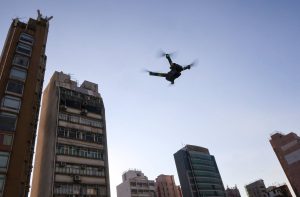



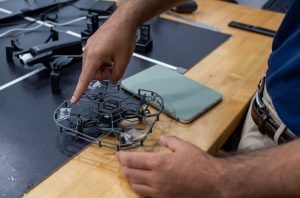

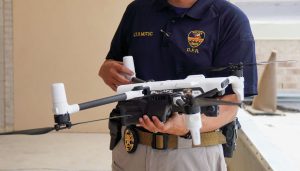


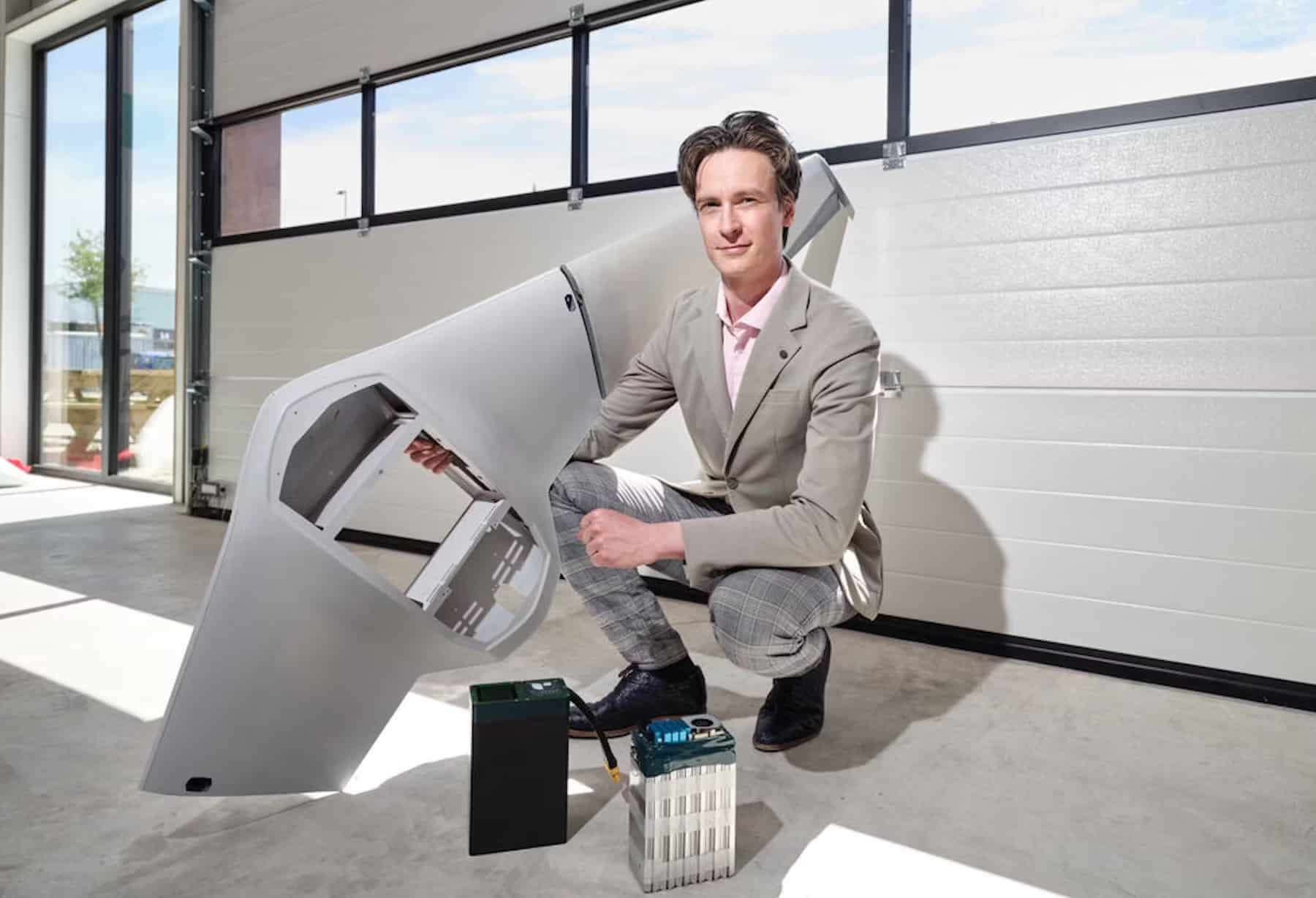
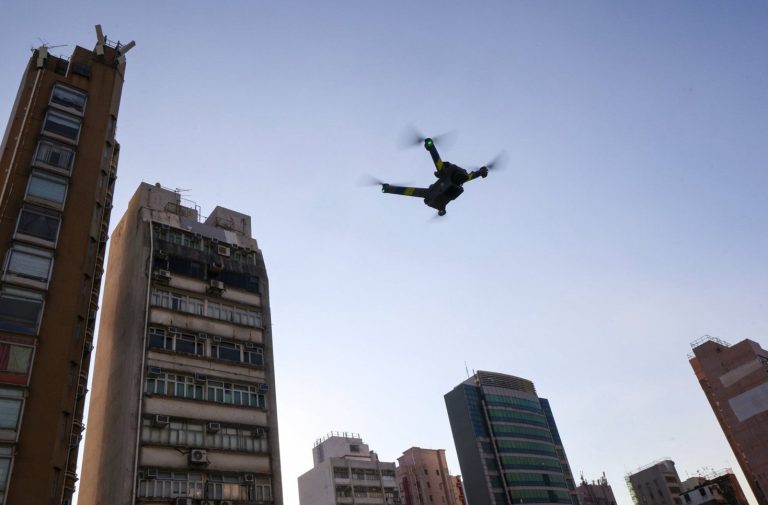




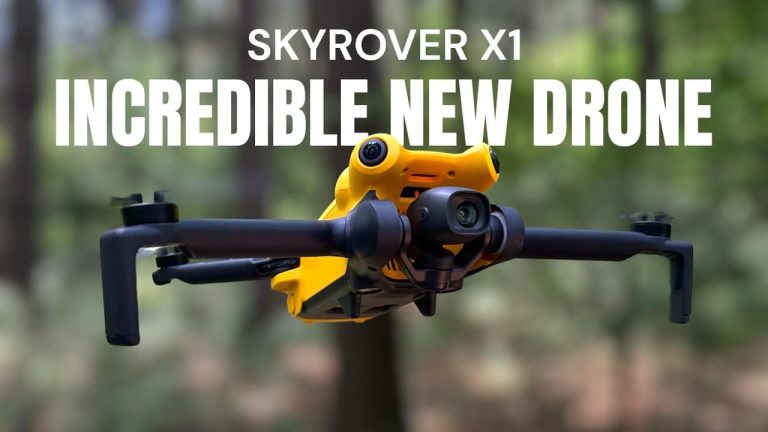
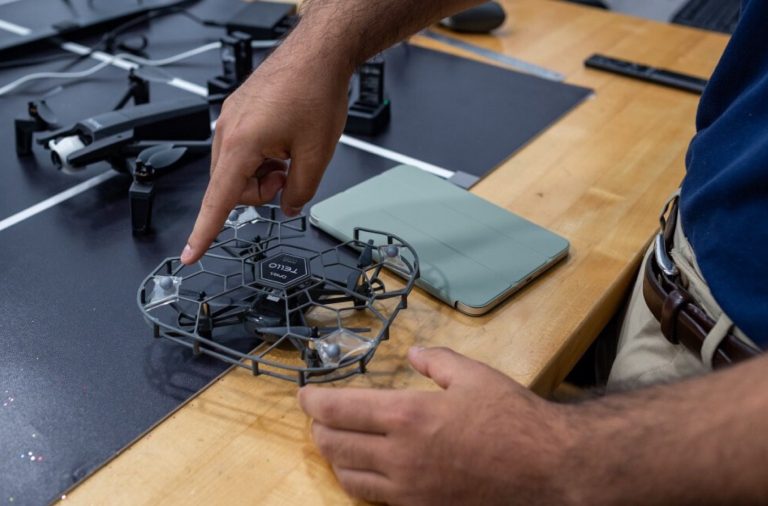
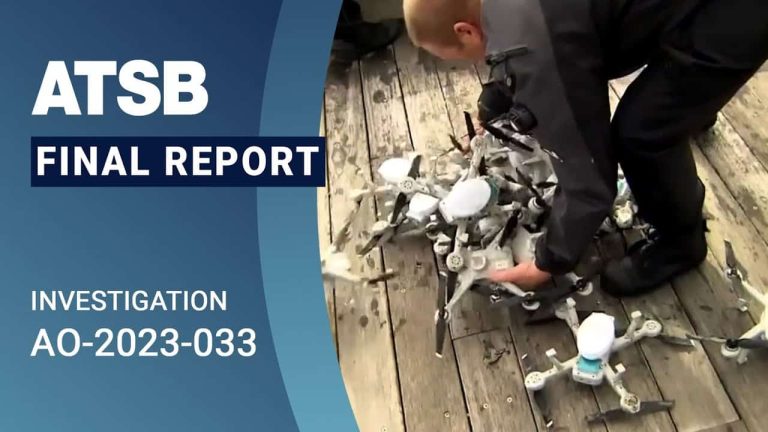
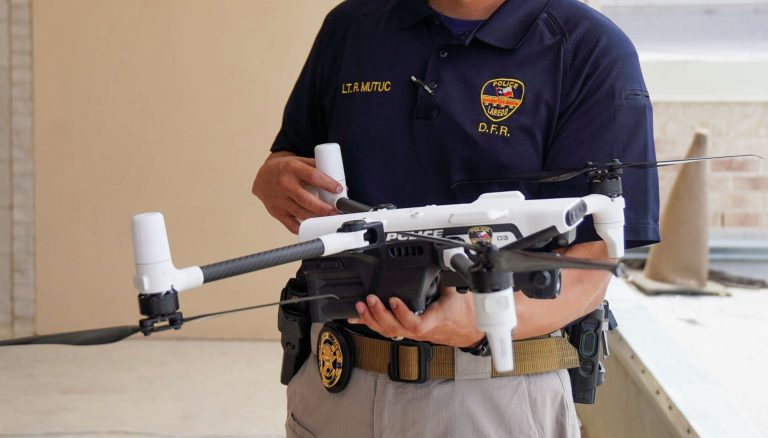

+ There are no comments
Add yours